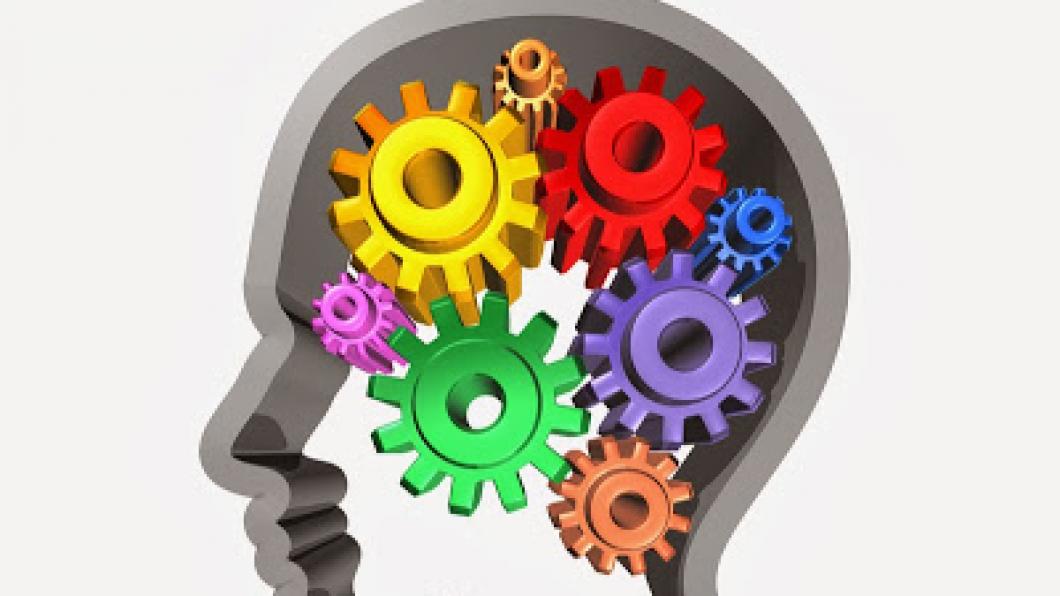
In autism, we confuse IQ with happiness
Does being smarter make you happier? Not necessarily, says Dr. Evdokia Anagnostou, a child neurologist and clinician scientist in the Autism Research Centre at Holland Bloorview.
In the general population intelligence predicts school success, which correlates with “getting a university degree and money, our two obsessions,” Dr. Anagnostou says. “But IQ doesn’t predict how good life is, the quality of your life, or life satisfaction.”
And this is particularly true among people with autism, she says. “Parents are really focused when their child is diagnosed on figuring out the child’s IQ, because of the assumption that kids with autism and high IQs are doing better. And while they do have the potential to integrate better or easier or with less intervention, it’s a potential. In practice, there are many issues that make that original assumption wrong."
One is the high rate of anxiety and depression in children with high-functioning autism. "If you look at the old category of Asperger's, up to 80 per cent of those children will have a significant anxiety disorder by the time they reach adulthood," Dr. Anagnostou says. "Up to 70 per cent will have one major depression as young adults, and 50 per cent will have more than one depressive episode. One in five will have obsessive compulsive disorder. There is significant mental-health co-morbidity for higher-functioning kids, so the term ‘functioning’ becomes tricky."
Dr. Anagnostou says there may be a genetic predisposition to mental-health problems in this group, "but some of it has to do with people realizing and being very aware of their difference and their inability to fit in and their limitations."
This often plays out in the workplace. Dr. Anagnostou notes that many adults with autism who are university grads are unemployed. "If you think about what makes you successful in a job interview, it's not necessarily your IQ, it's your ability to interpret social clues, to be socially savvy. A lot of very high-IQ people with autism fail at those things and so their technical intellectual ability is not translated into functional skill. We don’t have workplaces that will tolerate and accommodate and capitalize on the strengths of people with autism. There are also huge problems with anxiety and depression interfering with someone's ability to maintain a job."
Mental-health issues tend to spike after puberty and worsen after age 18, when supports for students with autism wane, she says. "We make sure our kids who have the ability to do well get supported in high school and we accommodate them. But then we take that away when they get to college. Very few universities have programs for people with autism."
On the other hand, youth with autism and mild intellectual disability often “do very well,” Dr. Anagnostou says. “With supports they can finish school, learn vocational skills, get a job, and they tend to have less mental-health issues than the high-IQ group. They’re often happier. If you have a university degree and end up in a life-long volunteer position, which is what happens to a lot of young adults with autism and high IQs, the kid who had the lower IQ who has the job and can support himself has a better outcome.”
Dr. Anagnostou says a problem in the world of autism treatment—and the larger culture—is an overfocus on academic performance. "I think we need to revisit our outcome measures for early intervention programs. Right now we're reporting on IQ points gained, but IQ doesn't always predict function or quality of life. We need to know childhood predictors of quality of life in adulthood and those should be the targets of our intervention programs. If IQ is one of them, great, but so far IQ hasn't been predictive of quality of life in the autism population."
More attention in the early years should be placed on nurturing emotional regulation, social engagement, shared smiling, and social motivation, Dr. Anagnostou says.
Early detection and treatment of mental-health issues is important. Cognitive behavioural therapy has been shown to significantly reduce anxiety in children with autism. “There are a lot of efforts now to adapt programs,” Dr. Anagnostou says. “For example, the Facing Your Fears program at Holland Bloorview includes more visual information, more practice, less time spent on thinking things and more on doing things. Children spend a lot of time learning how to identify emotions, which is often hard for kids with autism; rating their emotions; and using plans to manage them.”
Another intervention area that gets overlooked is the wellbeing of parents and siblings. "There are high rates of depression and anxiety in parents of children with autism and we know that parental mental-health predicts childhood outcomes, whether you have autism or not,” Dr. Anagnostou says. “The amount of resilience parents have predicts the amount of meaningful support they can give. So some of our intervention needs to go toward maintaining family health—in parents and siblings, and of the family unit."
She also says better systems of support are needed for adults with autism. "You can't have quality of life in adulthood if you don't have systems to support people, if they lose them at age 18."
More study into factors that lead to happiness and life satisfaction in adults with autism are needed, Dr. Anagnostou says. “Smartness is not the only thing that matters in terms of how happy these kids grow up to be, or how meaningful their life is. There are many other things that predict how good a life is. In autism, IQ predicts zip.”